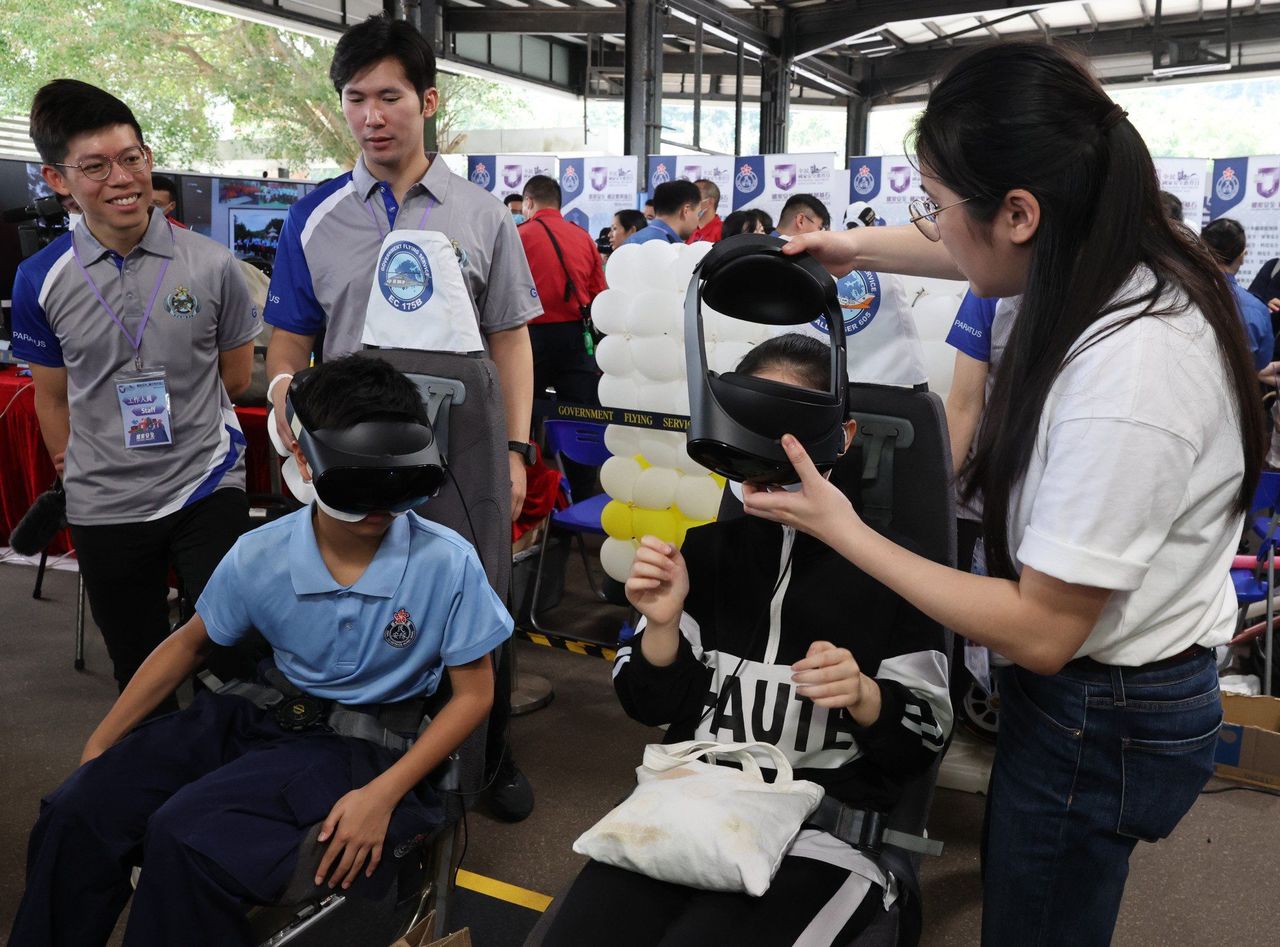Hong Kong News

National security: fund requires exit clauses in Hong Kong school contracts
An anti-drug education fund in Hong Kong has for the first time required participating schools and organisations to incorporate clauses into their procurement documents that allow the disqualification of tenderers or termination of contracts owing to national security risks.
According to the latest document released by the narcotics division under the Security Bureau, institutions applying for the “Healthy School Programme” this year have been warned not to engage in any act or activity that endangers national security throughout the procurement process while using the grant or projects may be terminated.
They must ensure their procurement documents incorporate clauses allowing the disqualification of tenderers and termination of contracts in the interest of national security.
“The duty for schools and organisations to safeguard national security is a continuing one that subsists throughout every stage of the entire procurement process,” the document reads.
“Schools and organisations and their management should exercise professional judgment, sensitivity and prudence in assessing any potential national security risks or issues that may be involved in every stage of the procurement,” it adds.
 Students take part in an open day at the Hong Kong Police College in Wong Chuk Hang.
Students take part in an open day at the Hong Kong Police College in Wong Chuk Hang.
The programme, first launched during the 2011-12 school year and funded by the Beat Drugs Fund Association, is designed to enhance the well-being of students and educate them to refuse narcotics through activities and voluntary testing.
The number of participating schools has reached 223, with each allocated an average of about HK$450,000 (US$57,324) per year.
According to the document, the association may immediately terminate the projects under the programme if participating institutions engage in activities that endanger national security.
In reply to the Post, a spokesman for the narcotics division on Saturday said the government required organisations receiving public funds to abide by all Hong Kong laws, including the one regarding national security and the “Healthy School Programme” was no exception. He added that other government grants, including the Environment and Conservation Fund, had similar clauses.
“As for whether individual acts violate the law, it depends on the actual situation, including relevant facts, acts and intentions as well as evidence obtained. If there is any illegal behaviour, the government will deal with it according to law,” he said.
The statistics from the Central Registry of Drug Abuse showed that more than 40 per cent of reported users under 21 were students during the first three quarters of 2022.
Lee Yi-ying, principal of the Kowloon True Light School and chairwoman of the Subsidised Secondary School Council, said the requirement was appropriate because it had become a general trend to add national security-related clauses for not only procurement but also other procedures, such as recruitment, in education and other sectors.
“Not only in the education sector but in the whole of Hong Kong, violation of the national security law is not allowed, not only in procurement but all procedures, including recruitment,” she said.
She said schools would clearly state that tenderers must not breach Hong Kong’s laws, including the one regarding national security. Although, she added it might be difficult for them to conduct background investigations.











